Products
Technology Platforms | Markets | Applied Science | Browse Products | Quick Links |
Science Center
Scientific Literature | TechNotes | Interesting | Social Media |





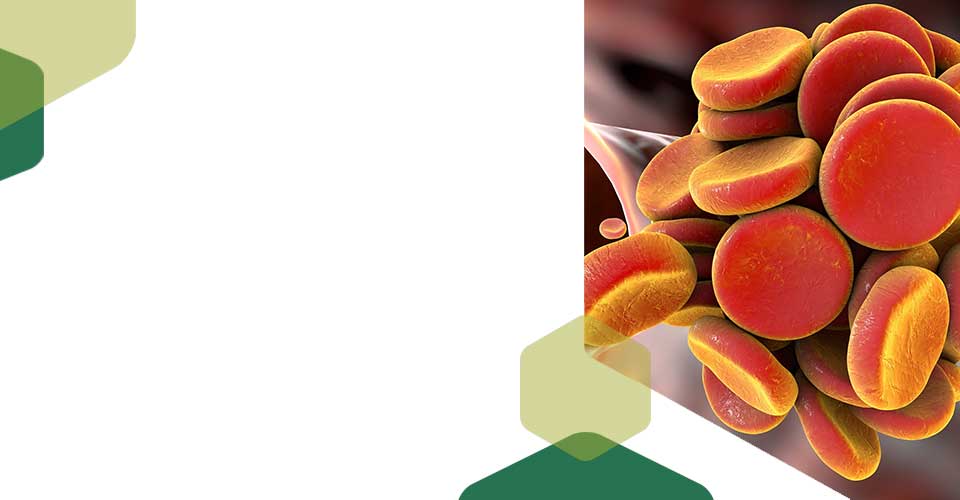



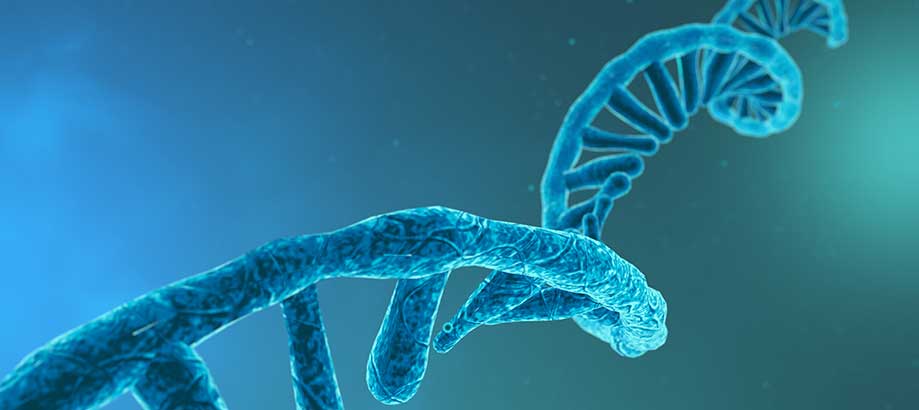

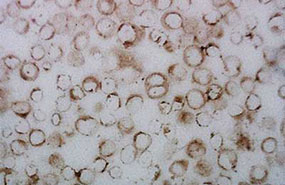
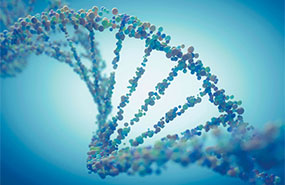
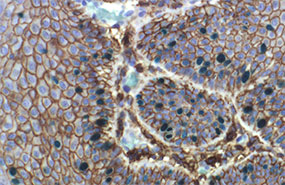
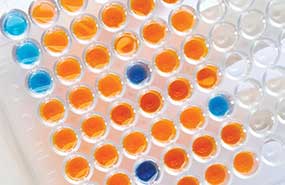

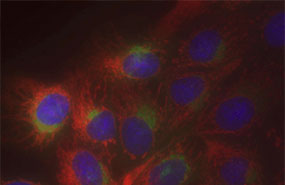





 Lipid Droplets and the Cell
Lipid Droplets and the Cell
 Can You Regrow Your Brain?
Can You Regrow Your Brain?
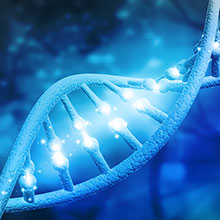 What is in situ hybridization and what are the recent advancements with this indispensable technique?
What is in situ hybridization and what are the recent advancements with this indispensable technique?
 Vitamin D and Multiple Sclerosis
Vitamin D and Multiple Sclerosis




